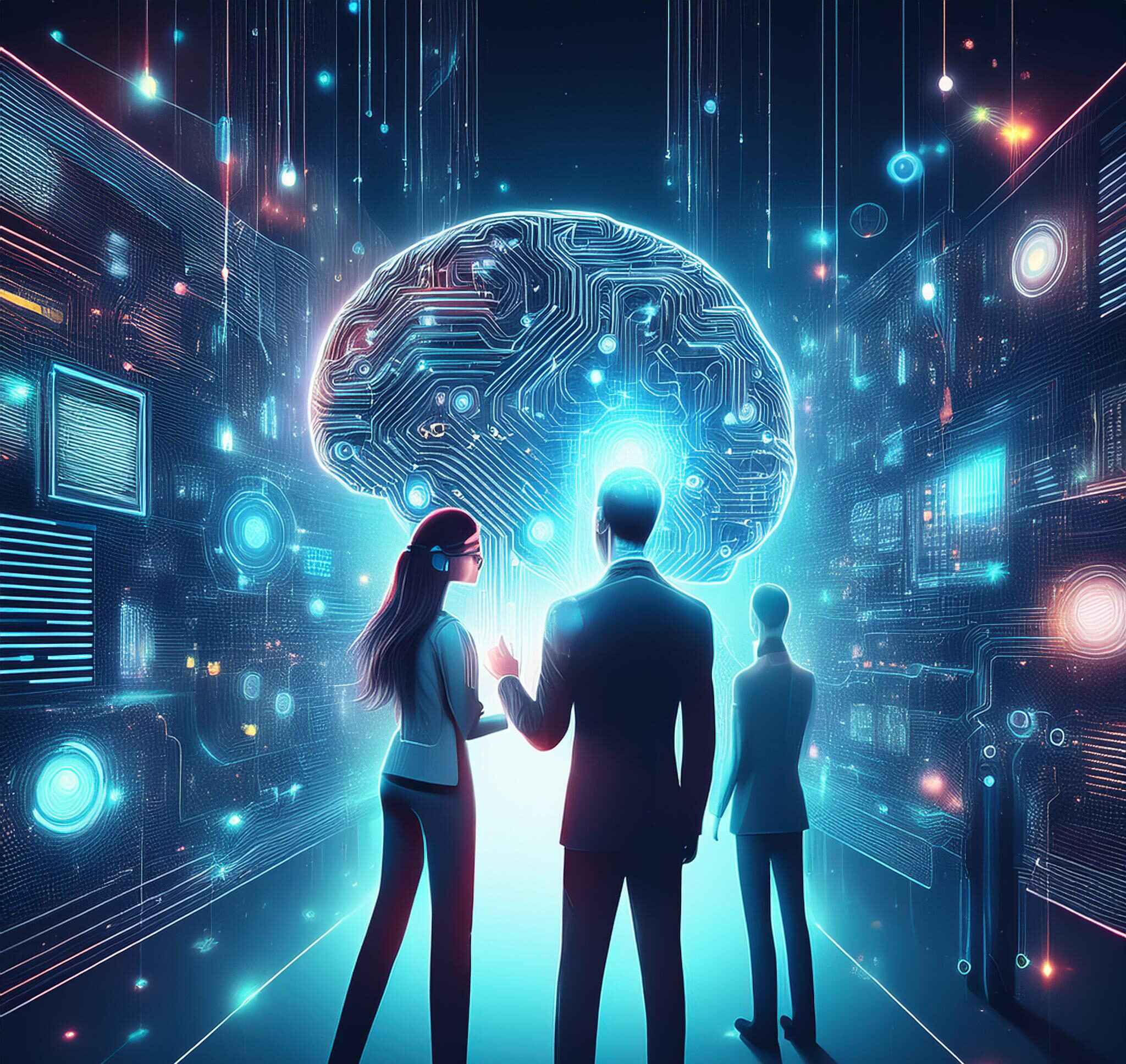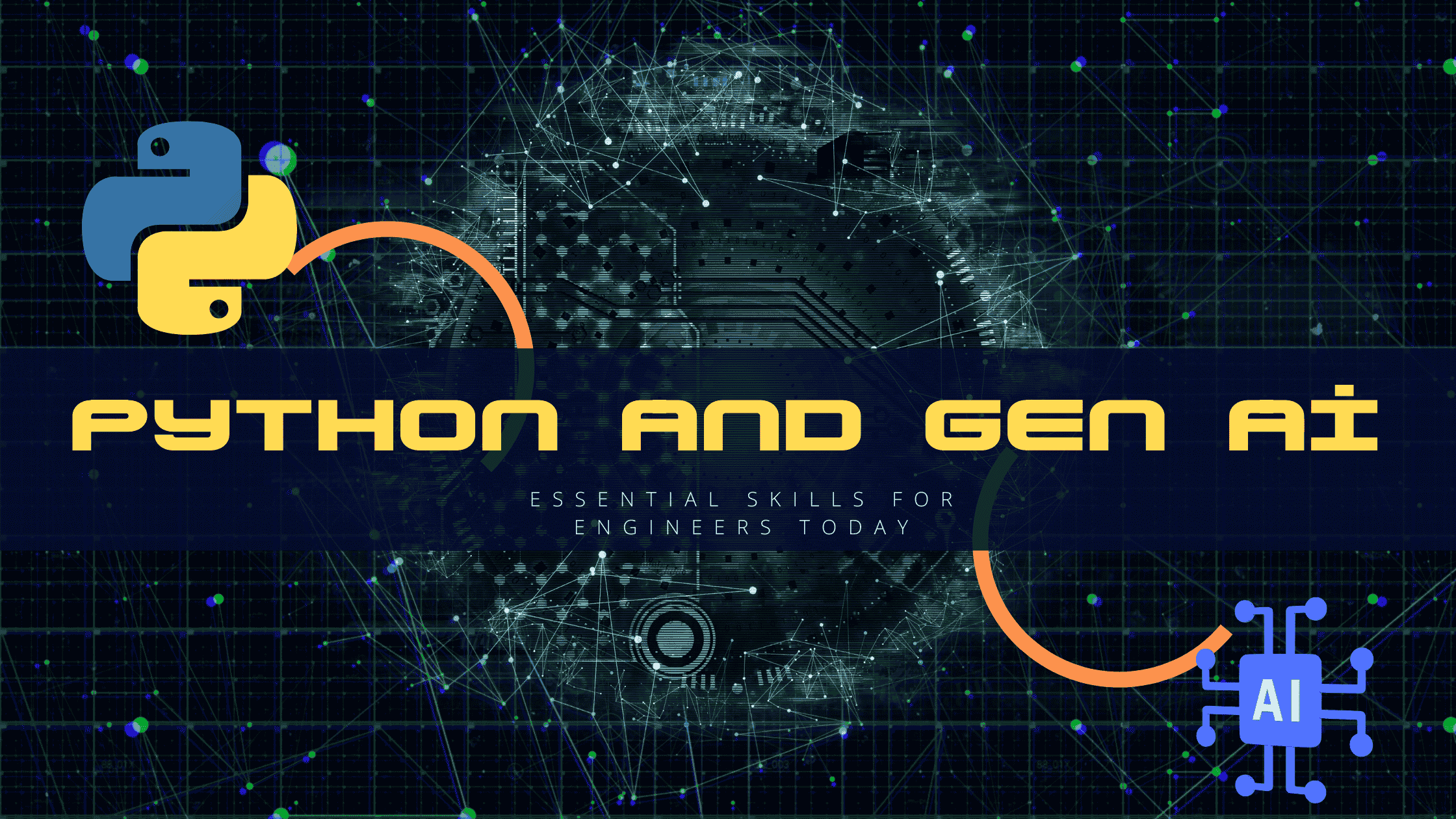Machine intelligence otherwise known as Artificial Intelligence (AI) is fast becoming the new way of doing business and creating new markets across the globe. As a result, we can conclude that opportunities Artificial Intelligence contributes to the overall employment both positively and negatively in a complex manner. Thus, this blog aims at discussing impact of artificial intelligence on the employment rate, advantages and disadvantages of AI in the job market, and the possibilities of the job market in the age of AI.
Understanding Artificial Intelligence and Its Applications
Artificial Intelligence is commonly defined as the set of technical capabilities that dispense with human cognition to complete tasks. These activities embrace learning, reasoning, problem solving and decision making. In Addition, the area where Artificial Intelligence and its relevant technology influence are vast, including medical sector, finance industry, manufacturing sector, and customer care service industry.
In healthcare, AI in disease diagnosis and prescription of suitable treatment in accordance to the patient’s status. For instance, AI can be used in the diagnosis of diseases whereby images such as MRI are analyzed in order to identify certain features that may be symptomatic of diseases such as cancer. In finance it enables identification of fraudsters and in management of investment. H, Banks and other financial organisations utilize AI in the identification of transactional patterns that are abnormal, which might be associated with fraudulent activities.
Professions such as manufacturing industries obtain benefits from implementing AI where it includes use of AI for determining when should maintenance be done and which products are of high quality. Therefore, it helps in minimizing equipment failure incidences thus less downtime and less expenses on maintenance. In customer service, they give round-the-clock support to the clients and customers. The following are live ones that attend to routine questions so that human personnel can address more complicated questions.
The Benefits of AI in the Workplace
In a workplace context, there are numerous advantages of artificial intelligence and this article will identify some of them. First, it helps to save time because most of the previously time-consuming processes become automated. This enables employees to complete trivial work in the shortest time possible thus allow them initiate more time on works that require input, innovation and creativity.
Second, the use of AI in decision-making by providing information ASIC’s decision-making process is improved. Organizations can therefore make better strategic decisions hence enhancing performance and competitiveness advantage.
Third, AI can be used for customization of clients’ experiences. Specialized products and services are more satisfactory and likely to retain customer patronage. For example, recommendation of products that would be bought by the customer can be done by AI algorithms.

Also, AI helps to decrease the possibility of the errors made by employees or even humans in general. This can be very helpful in industries such as the healthcare or finance as it even saves lives or money. Interpretation and forecasting capabilities in the use of the data reduces the degree of error.
AI also enables scalability, allowing businesses to grow without proportional increases in workforce. Automated systems can handle increased workloads efficiently, supporting business expansion.
The Challenges of AI in Employment
As much as there are positive effects of Artificial Intelligence, effect of Artificial intelligence is a great threat to employment. Some of the major effects include among which is loss of employment. Luthans and Doh helped distinguish between ‘functions’ and ‘jobs’ as people doing work may lose their jobs when AI systems start performing repetitive work.
For instance, positions that involve data entry, customer service, and production may be in the danger. But, this does not mean that the kind of jobs that these technologies complement are no more. Rarely will they remain the same and hence will change a bit, meaning new essential skills will be needed. People in these positions will require to look for ways on how they will be able to operate under the existence of artificial intelligence systems.
One of these challenges is the issue of skill utilization where there is often a great disparity between the skills offered by the employee and the organization’s needs. The market is shifting and thus employees must adapt to the new ways by enhancing their skills. To achieve this, levers this has to be matched with investment in education and training. This is the reason why, incremental learning has become the norm given the rate of advancement in AI.
Also, there are issues related to artificial intelligence biased and its fairness. This means that if these AI systems are not well checked or monitored, they will just amplify the magnitude of these prejudices that are already existing in an organization. This can lead to bias in terms of employment opportunities, promotions as well as other aspects related to employment. For instance, an AI tool for hiring may be trained with some data sets and it may have a preference to certain groups of people.
Privacy and Security is also the other most important factor to consider for the selection of a proper site. This has raised alarm over data security particularly with regard to individual’s rights to privacy as AI systems deal with large volumes of personal data. Many businesses are faced with the challenge of disclosing public information therefore they need to have security measures that will prevent leakage of such information.
The Future of Work in an AI-Driven World
As to the question regarding impact of Artificial Intelligence on the future of work, it is possible to conclude that it will be a major factor at the forefront of changes. New organisational roles will appear that are directly associated with AI training and enhancement. The following jobs which are AI ethicists, AI trainers, and Data Scientists will experience the demand.
Also, the so called soft skills will play a significant role as well as the ones mentioned before. The aspects like creativity, problem solving and even social intelligence are not easily amenable to mechanization. In this regard, they will be highly demanded in future employment opportunities available in the market. This means that companies will have to develop a human-centred strategy. This entails development of artificial intelligent systems that assist human activities and approaches in their normal execution. This means that there will have to be integration between humans and artificial intelligence to work.
Another way that this can be done is by governments and organizations coming up with their part of efforts on reducing cases. There is need to design suitable policies and processes to help workers to transition from one level to another. This includes having an investment in education, reskilling program, as well as social protection measures.
Preparing for an AI-Integrated Job Market
The job market will have Artificial Intelligence integration and people and businesses must make necessary arrangements for it. In other words, for individuals, flexibility and development are the key parameters. Thus, pursuing education beyond high school and getting new knowledge throughout people’s working career will assist them in becoming more competitive. However, the problem of skill mismatch, which arises from the increasing demand for skilled employees, creates the need for businesses to train its employees in the acquisition of new skills as they transition from one level of skill to another.
The key lesson that needs to be addressed here is that businesses should strive to establish the culture of knowledge acquisition. Effective steps include encouraging the staff to advance in their careers and offering resources for learning is critical. There is the need to harness partnerships between industries, learning institutions and governments to address the existing skill gap. Ethical values that are inherent with the acquisition of the involved technology should also be given due consideration. Designing the AI systems as one that is transparent and has the capability of providing deserved fairness will foster general public’s trust and create fairness. Mitigating risks regarding privacy and security will beneficial for both the employees and the customers.
Also, having distinct roles for humans and AI and also allowing humans and AI to cooperate will result to increased innovation. Stressing the ability of humans to be creative and artistic while AI will possess analytical acumen will be the true catalyst for change.
Conclusion
Artificial Intelligence and its effects on job markets and employment is a great concern. AI has numerous advantages, yet it has a number of disadvantages. There is much to learn about managing this change, but the core of it appears to revolve around flexibility, constant education, and ethics. Following these principles, there will be a future in which AI will enhance the ability of the human worker.
Read More about AI Revolution in Cybersecurity in our blog.
Subscribe Devstutor on YouTube to learn more about technology and stay updated with us !




3 thoughts on “The Impact of Artificial Intelligence on Job Markets and Employment”